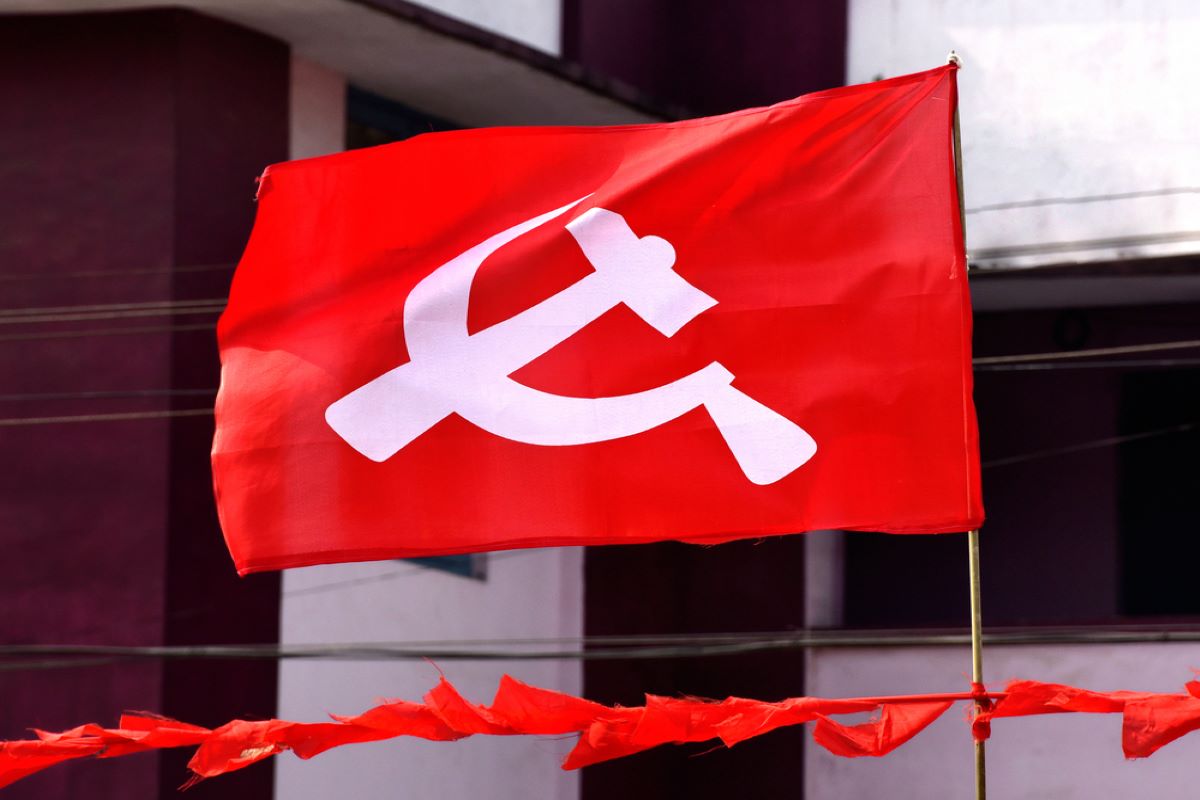Tripura CM Saha slams CPIM for divisive rule, unleashing terror
Tripura Chief Minister Manik Saha has criticized the CPIM for allegedly creating divisions among people and unleashing terror across the state during their rule in the state.
Admittedly, the CPI-M has traditionally set its face against what they call “identity politics”. Traditionally once more, the party had over time ignored the caste factor, and chose to be riveted to the “class struggle”.

representational image (iStock photo)
For a party that tends to take a bow in the direction of the subaltern, the Kannur Congress of the Communist Party of India (Marxist) has achieved a landmark development. Specifically, it has for the first time elected a Dalit leader to the Politburo.
No less critical than the renewal of Sitaram Yechury’s third term (since 2015) as the party’s general secretary, has been the selection of Ramchandra Dome, the seven-time Lok Sabha MP, as a member of the apex policy-framing entity. More basically, Sunday’s development is arguably intended to blunt the long-standing criticism about the absence of Scheduled Castes in the highest strata of the party’s structure. Well and truly has the party taken care of subaltern aspirations.
Admittedly, the CPI-M has traditionally set its face against what they call “identity politics”. Traditionally once more, the party had over time ignored the caste factor, and chose to be riveted to the “class struggle”. Not that this has made significant headway over time, even when masterminded by the Left radicals. More recently, party documents have acknowledged the societal drawback, most particularly in the Indian context.
Advertisement
It bears recall that in 2015, the party had anticipated a change to accommodate Dalits in the hierarchy. Prakash Karat, who was then the general secretary, had called for a special session of Parliament to discuss the status of Dalits on the 125th birth anniversary of Babasaheb Ambedkar. As it turns out, it has taken the CPI-M seven years to implement what had appeared to be a tentative signal of intent. Unlike other parties, where office bearers are appointed, no member can make it to the Politburo without being a member of the central committee, which is elected by the party congress.
It would be pertinent to recall that post the split in the undivided Communist party in 1964, the CPI had inducted Mr D. Raja, a Dalit leader as the general secretary. Dropped from the Politburo on Sunday were the former West Bengal general secretary, Biman Bose, and the All-India Kisan Sabha general secretary, Hannan Mollah, because of their age. Both incidentally have crossed the revised bar of 75 for membership of the Politburo. Bose is 81 and Mollah 76; both in addition to S Ramachandra Pillai will function as special invitees.
There is also a change in the composition of the central committee, which has been truncated from 95 members to 85. Yet another striking facet is the gender construct. The panel has 17 new members, notably three women. This takes the strength of women in the central committee to 15. Three prominent members from West Bengal have made it to the central committee ~ Samik Lahiri, Sumit De and Debalina Hembram. The third represents the tribal segment in the central committee and is one of the three women inducted into the central committee.
Advertisement